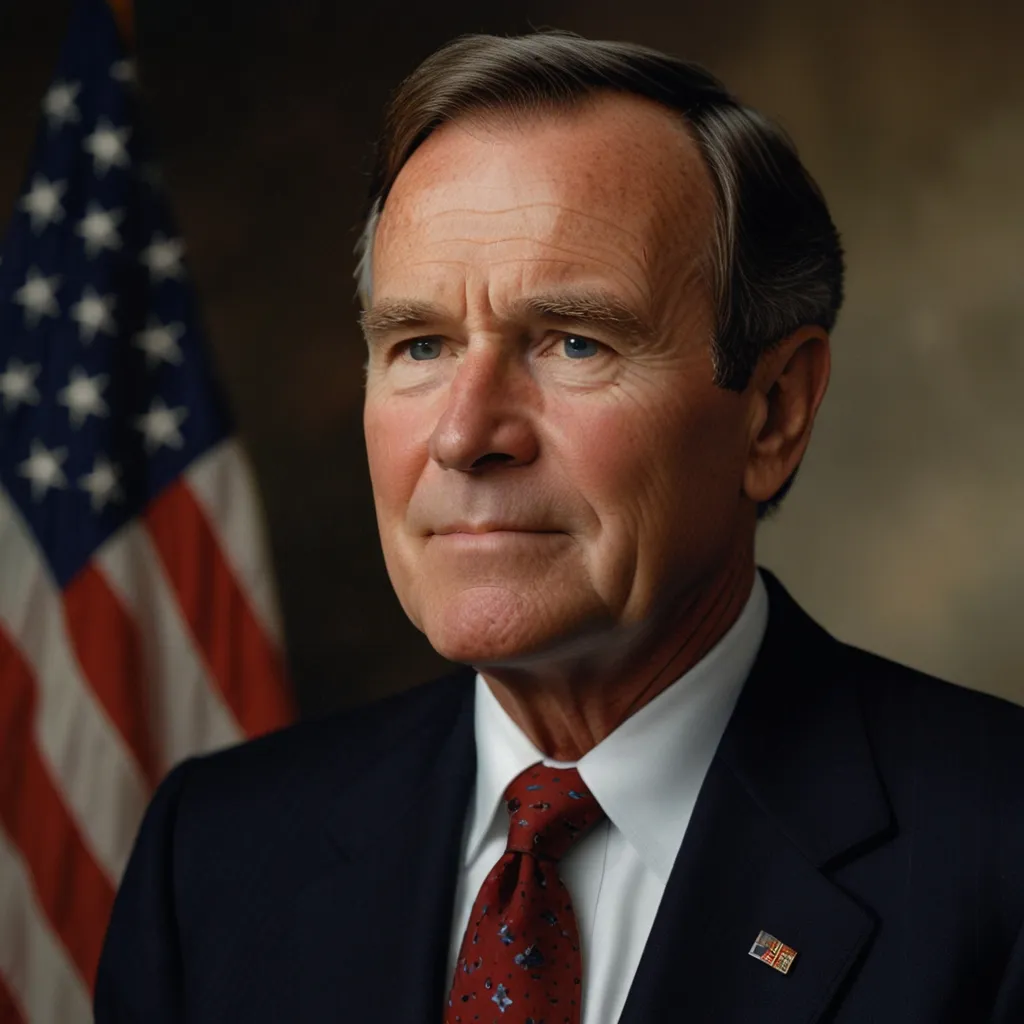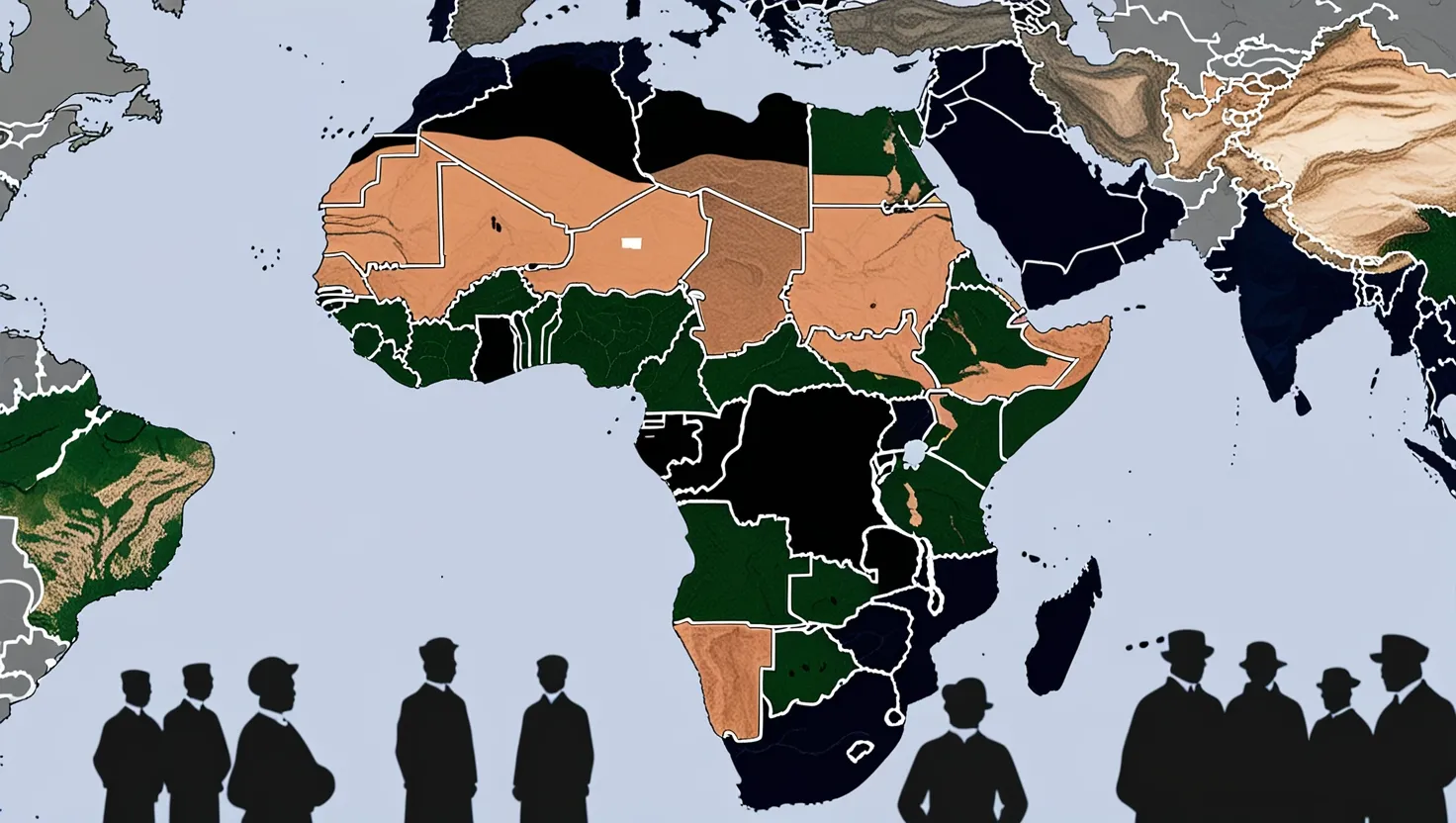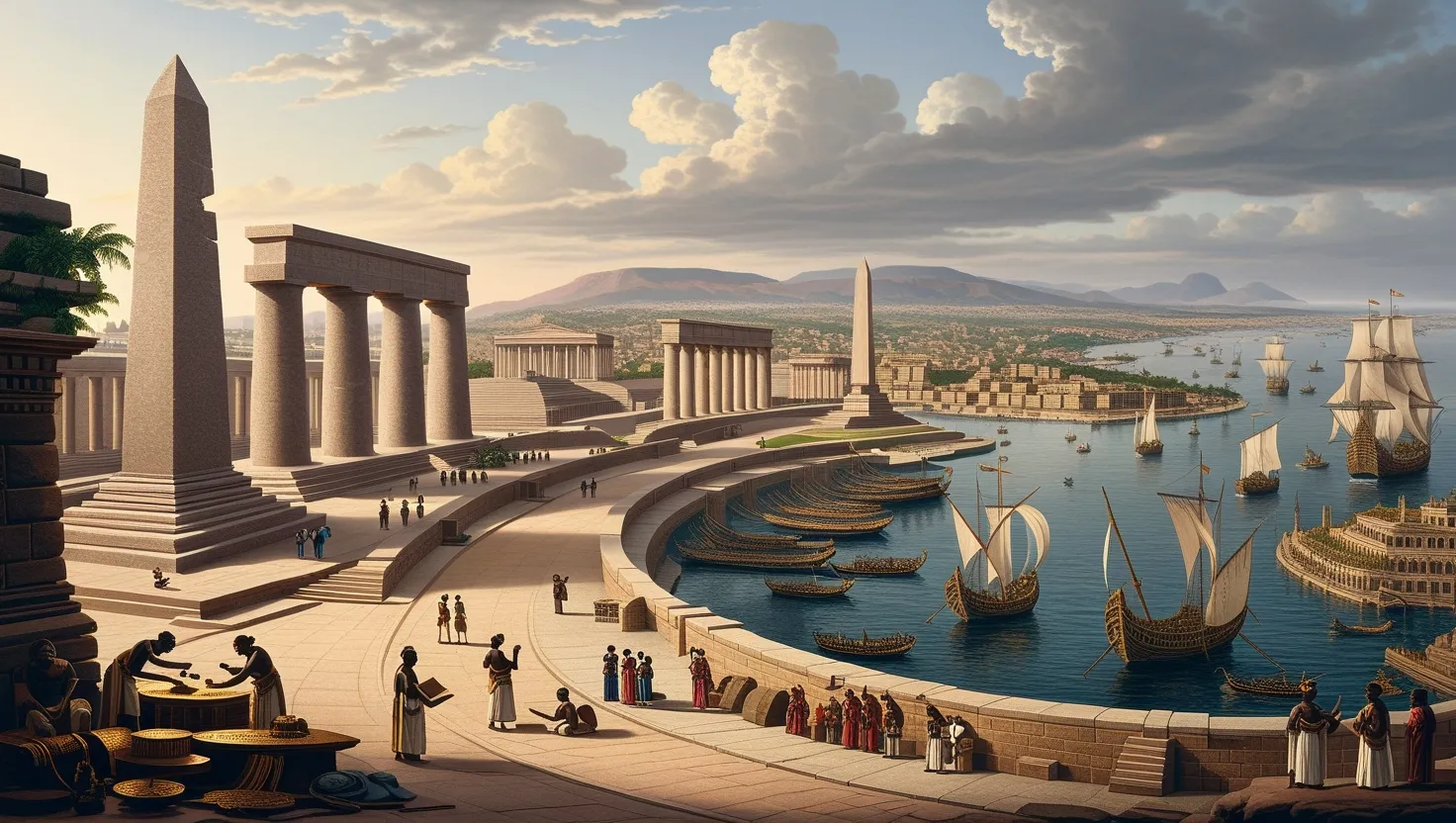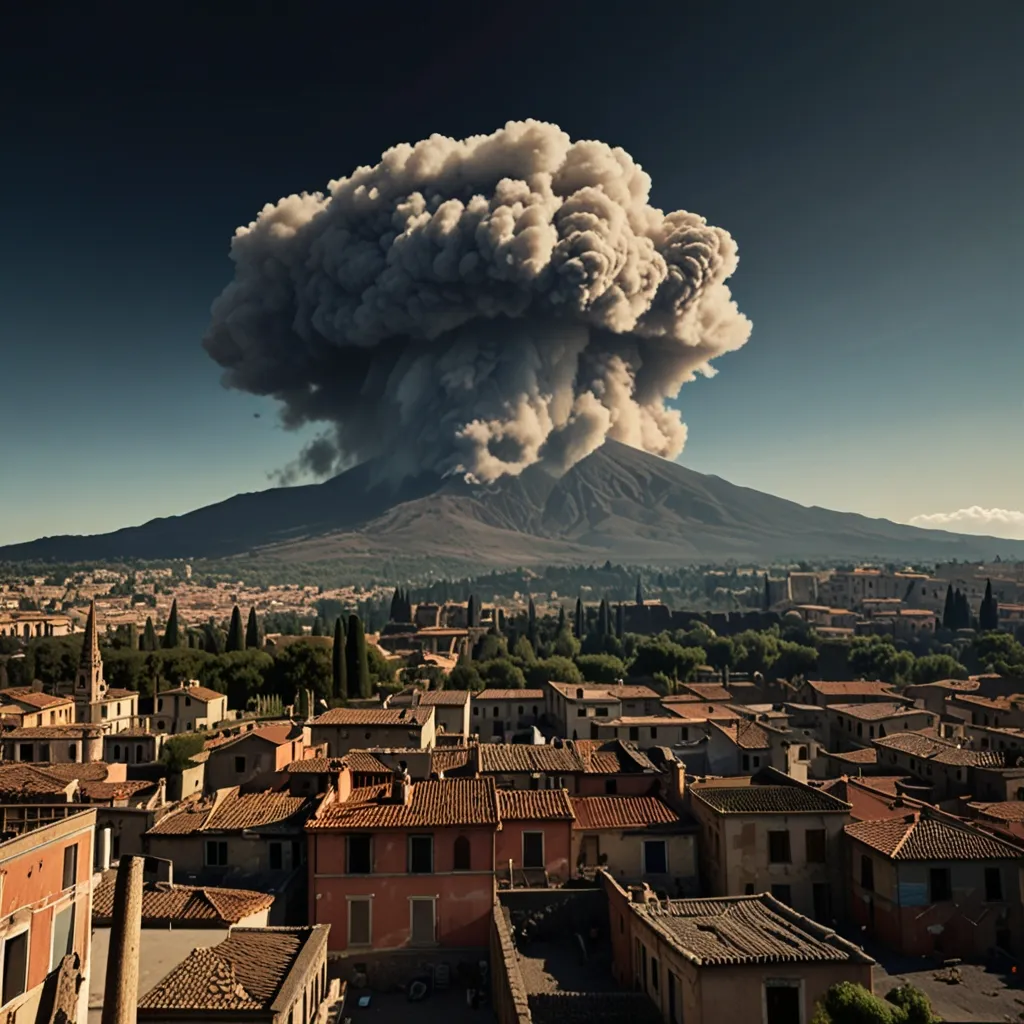George H.W. Bush became the 41st President of the United States in 1989. His presidency was marked by significant global events and domestic challenges. Bush took office on January 20, 1989, succeeding Ronald Reagan. His inaugural address set the tone for his presidency, emphasizing the promise of a new era and the importance of American strength as a force for good.
Bush’s early years in office were characterized by high approval ratings. He enjoyed widespread support for his foreign policy initiatives, particularly during the end of the Cold War and the breakup of the Soviet Union. The fall of the Berlin Wall in November 1989 symbolized the end of Communist rule in Eastern Europe, and Bush’s leadership during this period was widely praised.
One of Bush’s most notable achievements was his handling of the Gulf War. In August 1990, Iraq invaded Kuwait, prompting Bush to rally international support and lead a coalition of forces in Operation Desert Storm. The military campaign was successful, and Bush’s approval ratings soared to 80% in January 1990, one of the highest in Gallup’s history.
Despite his success in foreign policy, Bush faced significant challenges on the domestic front. His decision to raise taxes, despite his campaign pledge not to do so, was deeply unpopular. The economy was also in recession, which further eroded his support. By the end of his presidency, his approval ratings had dropped significantly, contributing to his defeat in the 1992 election.
Bush’s presidency was also marked by several key appointments. He chose James Baker as Secretary of State and Dick Cheney as Secretary of Defense. Jack Kemp became the Secretary of Housing and Urban Development, while Elizabeth Dole took on the role of Secretary of Labor. These appointments reflected Bush’s commitment to experienced leadership and continuity from the Reagan administration.
In addition to his foreign policy successes, Bush implemented several significant domestic policies. He signed the Clean Air Act of 1990, which aimed to reduce air pollution and acid rain. He also signed the Immigration Act of 1990, which allowed for the admission of 700,000 aliens each year. These measures demonstrated his commitment to environmental protection and immigration reform.
Bush’s legacy is complex and multifaceted. Historians and political scientists have ranked him in the top half of presidents, praising his foreign policy achievements while criticizing his domestic policies. His willingness to compromise and work across party lines has been particularly noted in recent years, contrasting with the increasingly partisan political landscape.
After leaving office, Bush remained active in public life. He joined with his former opponent, Bill Clinton, to support humanitarian relief efforts, notably for the 2005 Asian tsunami. His dedication to public service and his commitment to traditional American values continued to earn him respect and admiration.
In summary, George H.W. Bush became president in 1989 and served until 1993. His presidency was marked by significant international achievements and domestic challenges. Despite his high approval ratings early in his term, his support waned due to economic issues and his decision to raise taxes. His legacy remains a mix of strong foreign policy and mixed domestic performance, with a lasting impact on American politics.






